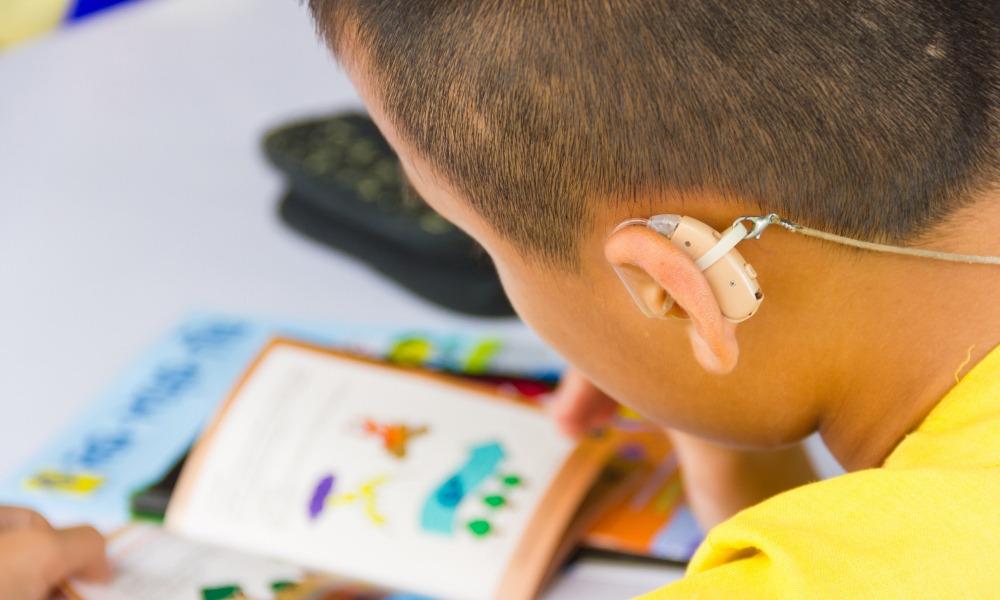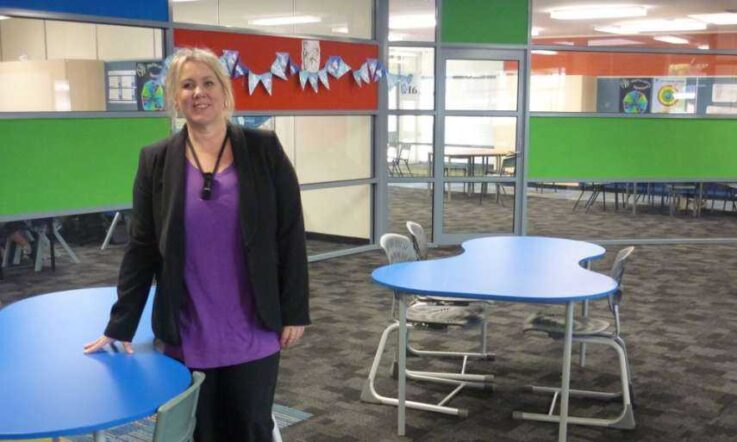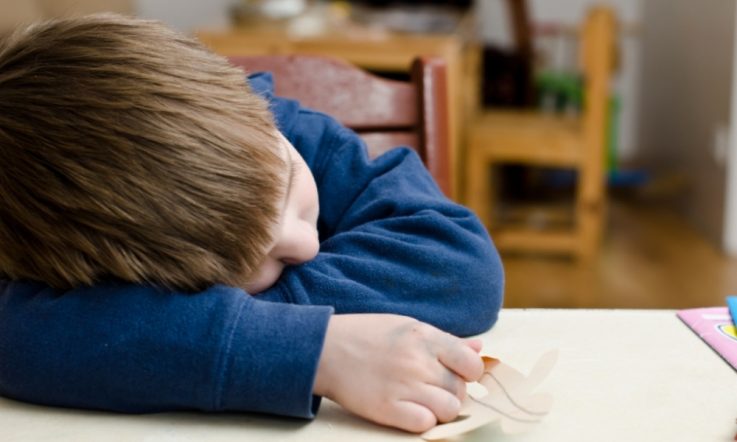Educators working with deaf and hearing impaired students have reported a need for professional learning in a range of areas, including supporting mental health and wellbeing and improving literacy outcomes.
Julie Kos from the Australian Council for Educational Research (ACER) says teachers also highlighted access to initial and continued Australian Sign Language (Auslan) training as key.
Kos has undertaken two projects to investigate the needs of teachers, education support staff and parents in the area of deaf education – the first commissioned by the Victorian Deaf Education Institute in 2012 and a 2015 follow-up through ACER's Centre for Education Policy and Practice.
Writing in Research Developments (RD) she says: ‘Research shows that hearing impairment can delay progress at school, exacerbate behaviour problems, and lead to deficits in writing, reading and self-expression.
‘It is also known that the trajectory for those with poor academic performance and difficulties communicating with peers is often one that leads to low self-esteem and feelings of isolation or depression.
‘Students who are deaf often experience social difficulties and isolation at school, rarely form friendships with their hearing peers and can experience poor academic achievement. It is therefore vitally important that the social and emotional needs of children who are deaf are well understood and met.'
Kos, a Senior Research Fellow in ACER's Education Policy and Practice research program, says the professional learning needs reported by teachers align with the National Standards for Teachers of the Deaf. These include dealing with challenging behaviours, supporting students' social and emotional welfare, and special consideration provisions in relation to curriculum and assessment.
In terms of student needs, the study participants highlighted emotional skill development, role models and mentoring, and quality teacher-student and teacher-parent relationships as important.
Kos says further research is now needed to complete ‘an important piece of the puzzle' – asking students who are deaf and hearing impaired about their own experiences and needs, particularly in relation to issues of identity and belonging.
The 2015 study was part of ACER's Translational Research project, which is aimed at connecting researchers with practitioners, disseminating findings and translating them into evidence-based practice.
Read the full article: Learning needs in the deaf education sector, published in ACER's Research Developments.
Julie Kos says students who are deaf ‘often experience social difficulties and isolation at school’. What strategies can you put in place to help deaf and hearing impaired students form friendships with their hearing peers?
As a teacher, how are you building strong relationships with students and their parents?
As a school leader, what are the professional learning needs of your teaching and support staff in relation to students with special needs?



